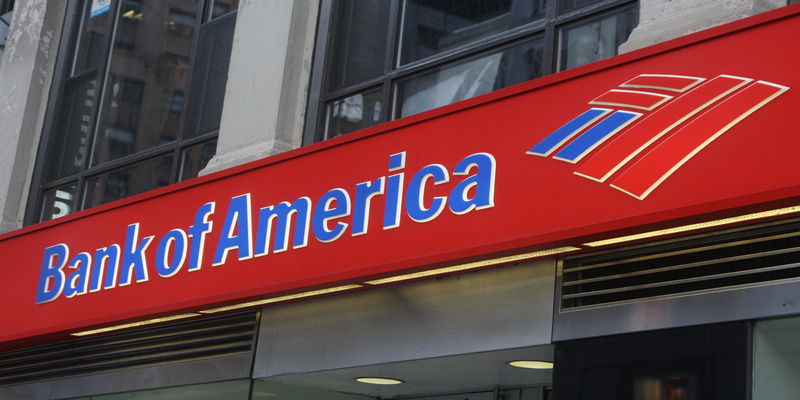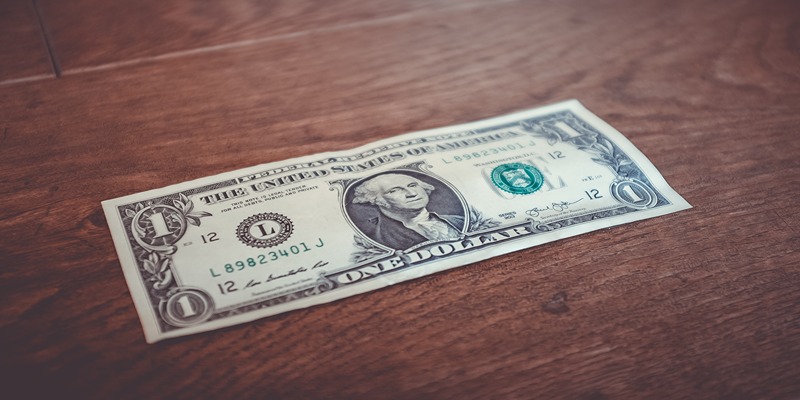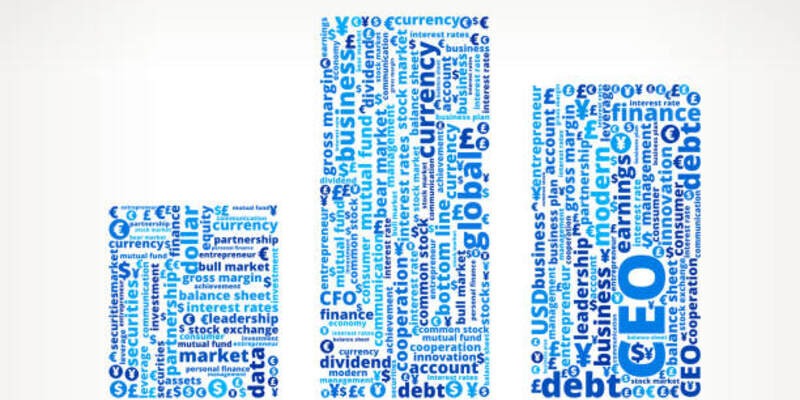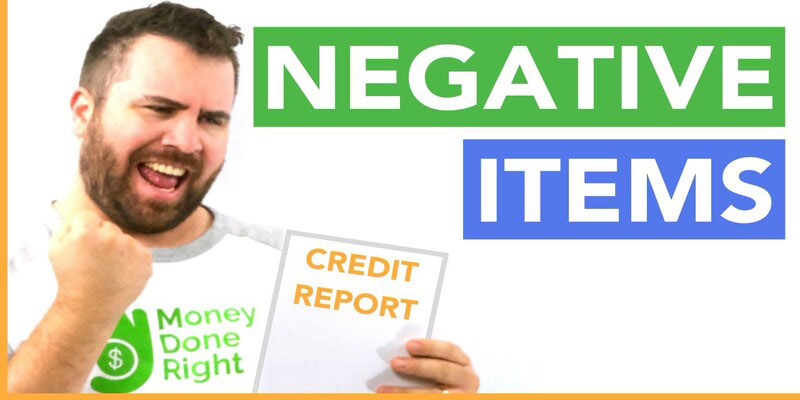Payday loans are an option when you need cash quickly but don't meet the criteria for a traditional lending product such as a personal loan. Payday loans are short-term, modest loans that you return when you are paid two to four weeks later. Payday loans often have a maximum loan amount of $500, have no credit check requirements, and have a short application and approval process. Despite their widespread availability, the short- and long-term consequences of taking one of these loans should not be underestimated. So, what is a payday loan? Let us learn.
How Does a Payday Loan Work?

If they are legal in your area, payday loans may be obtained either online or at a physical shop. Numerous payday lending providers do no credit checks. Borrowers with poor credit or no credit at all who need access to funds quickly may find this attractive. After submitting an application, you will write a post-dated cheque for the whole amount of the loan, including charges and interest, ensuring that the lender will be paid on your next salary. Some lenders may allow you to prolong or roll over your repayment plan if you are unable to return the loan in full by the due date; however, doing so may incur extra fees & interest.
Payday Loan Dangers
Those with bad credit histories who are in quest of money but cannot get it from traditional sources like banks & credit unions are easy prey for payday lending companies. Many borrowers with modest borrowing needs choose payday loans because of the attractive features offered by lenders, such as depositing the loaned money directly into the borrower's account and performing no credit check. Yet, unscrupulous lenders are ubiquitous; in fact, several jurisdictions have outlawed payday loans altogether. Payday loans, including their terms, financing costs, and maximum lending amounts, are governed by state laws in most places.
Although there are safeguards in place, interest rates may still go as high as 400%. On the other hand, personal loan interest rates may reach 36% for borrowers with poor credit or no credit history at all. The length of time it takes to repay a payday loan is a major risk. Personal loans, even for modest sums, may be paid back over the course of a few months with a traditional lender. However, payday loans have a far shorter repayment period, often between 14 and 31 days. Many borrowers are unable to return the loan within this time limit and, in certain situations, must borrow more monies to do so, incurring additional financing costs.
Who Can Benefit From Getting a Payday Loan
Loans from payday lenders are not only expensive but also potentially harmful. While it may be an option for bridge funding until your next salary arrives, the costs and dangers often exceed the advantages. Payday loans aren't a good idea, and we'll tell you why. Consider other possibilities, such as credit cards, private loans, and even borrowing from loved ones. So, what is a characteristic of a payday loan which can benefit the consumer? Hope you will get an idea after reading the following.
Repaying a Payday Loan
When you borrow money from multiple institutions, you agree to make a single payback. Postdated checks are used to repay loans, including charges and interest. Online payments or direct debits from a bank account could also be options. You'll have until your next scheduled paycheck (often between 14 and 31 days) to repay the loan. Unlike personal loans, which have monthly payments spread out over a certain number of months, this loan just requires a single lump sum payment to repay. Creditors offering personal loans will consider your monthly income to ensure that the loan payments won't put too much strain on your finances.
Credit Impact of Payday Loans
Because many companies that provide payday loans do not do credit checks, submitting an application for a payday loan will not have an effect on your credit rating or report. If you take out loans and pay them back on schedule and on the whole, it won't improve your credit score. However, if your payday loan provider hasn't digitally removed funds from your account, you may be responsible for the unpaid amount and any outstanding financing charges. Lenders may report delinquent borrowers to credit bureaus and use collection agencies if payments are consistently late.
Alternatives to Payday Loans
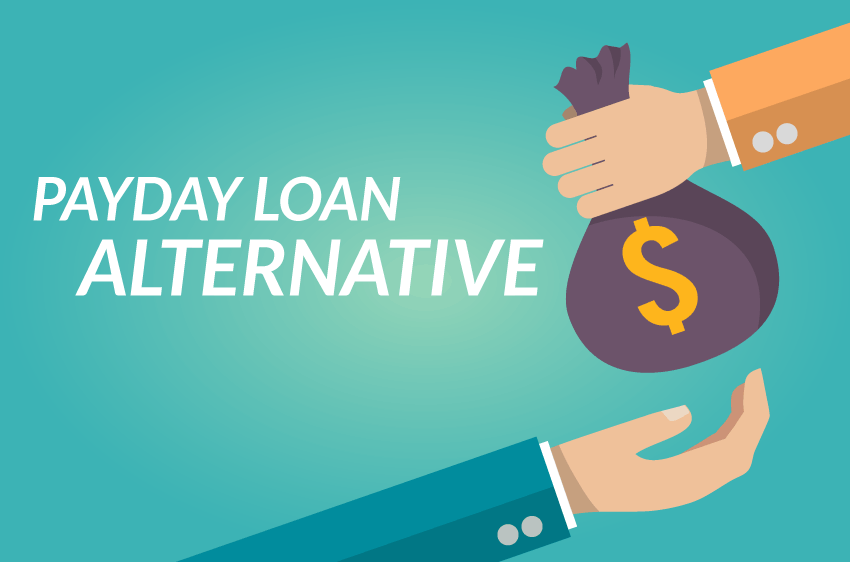
Loans from a payday lender should be avoided whenever possible. Before applying for a payday loan, you should try to resolve your financial issues in any other way possible.
Personal Loans
Although the majority of personal loan providers need excellent credit or higher before approving a loan, there are others that focus on subprime consumers. Credit unions provide an alternative to payday loans and may lend up to $1000 (although this varies per credit union). As a non-profit organization, credit unions have a vested interest in helping borrowers with less-than-perfect credit.
Credit Cards
Use your credit card for payments and purchases if you have one. Payday loans feature higher APRs, but because you already own one, you don't need to meet the requirements. You can get cash from an ATM with most cards by using the cash advance feature. However, cash advances include high-interest rates and costs. But either alternative is more affordable than a payday loan. Hope you know what is needed for a payday loan if all alternate options are not possible for some reason.


